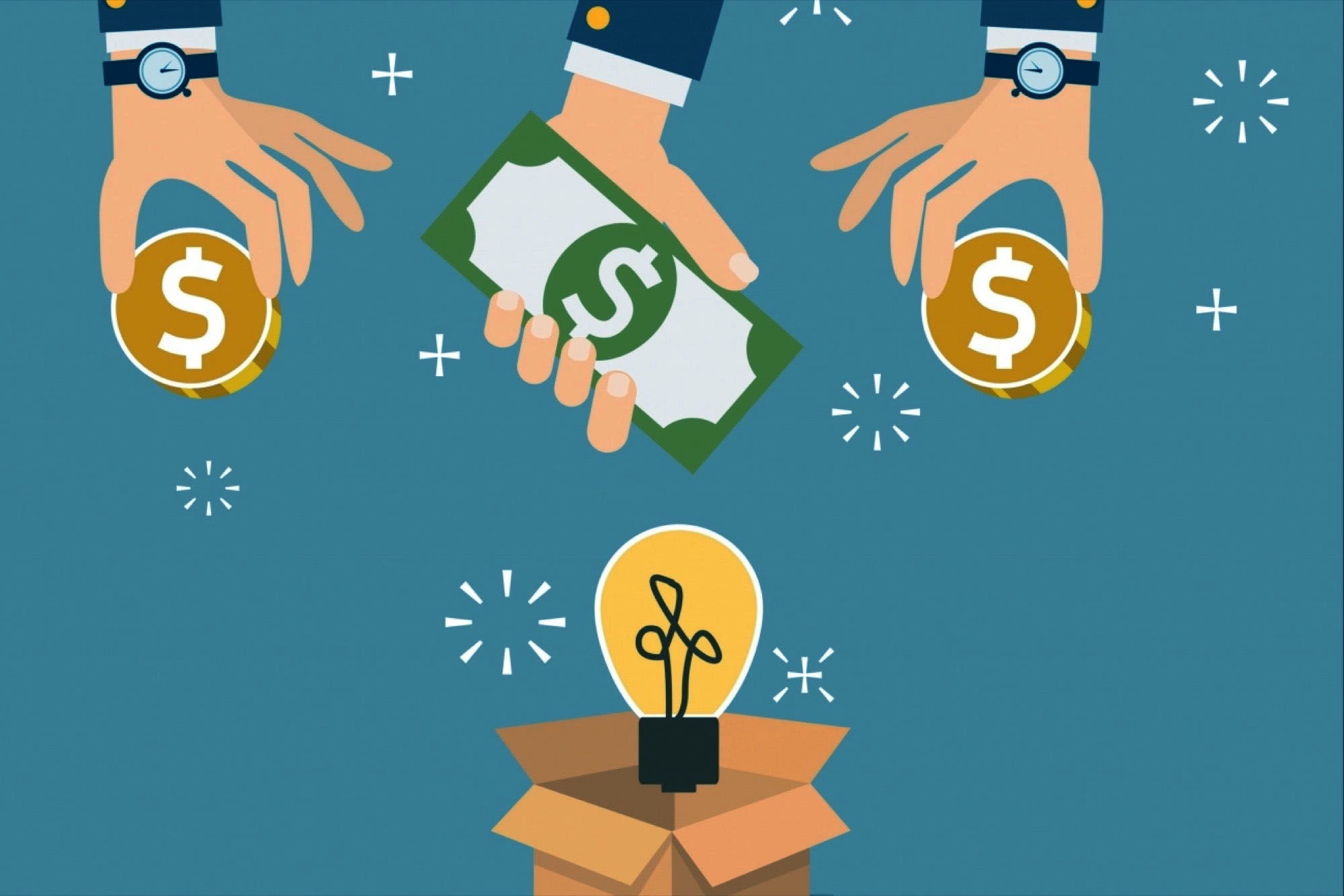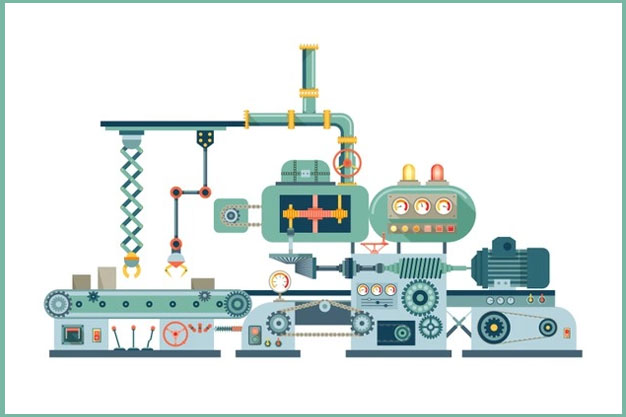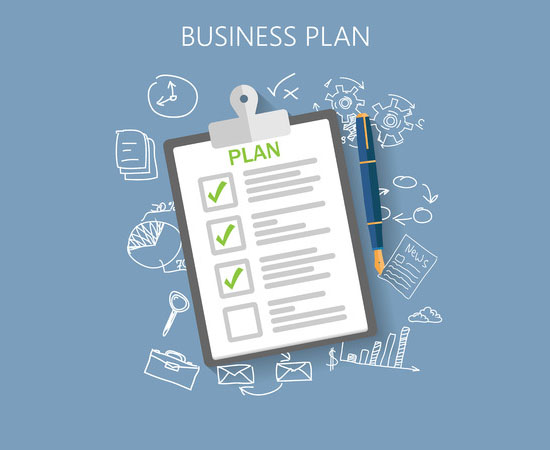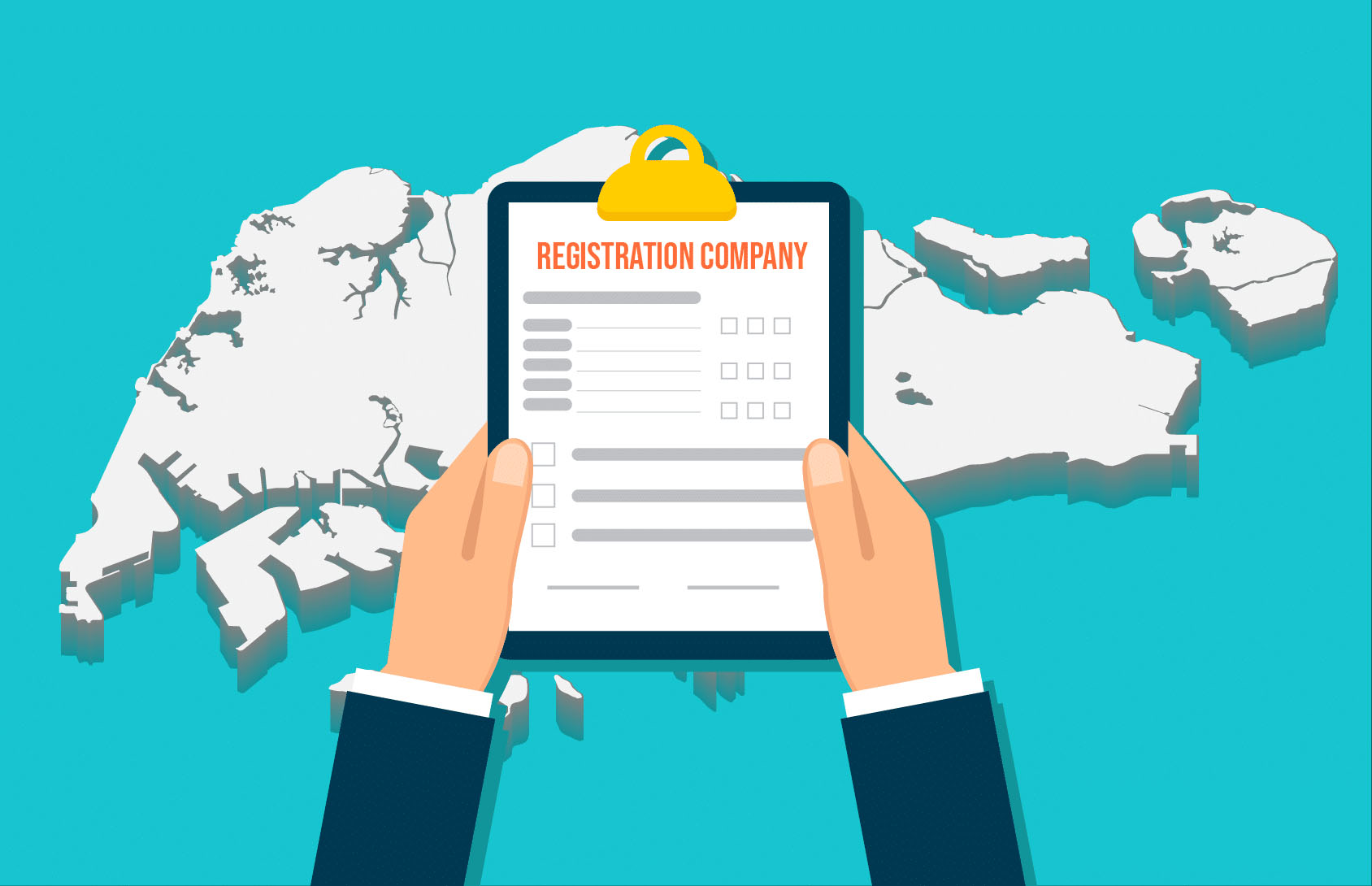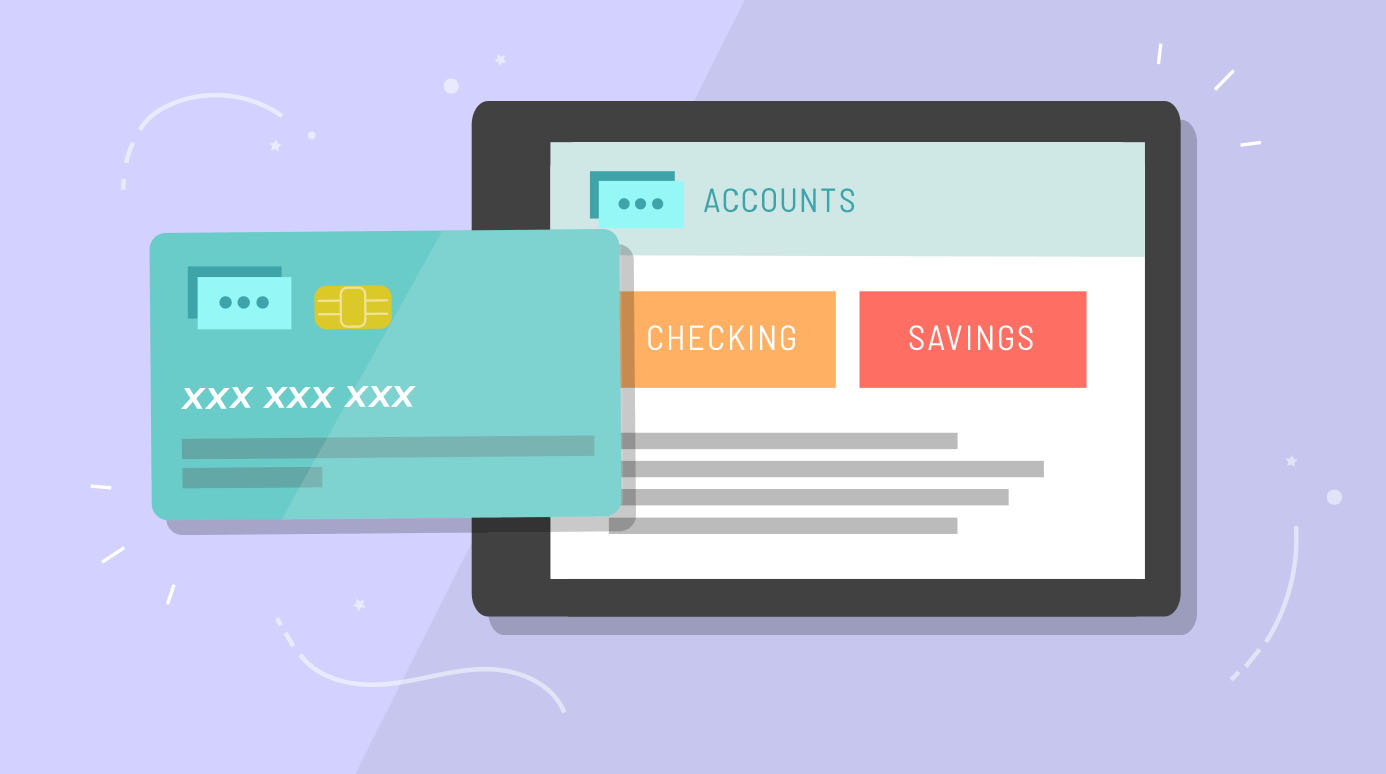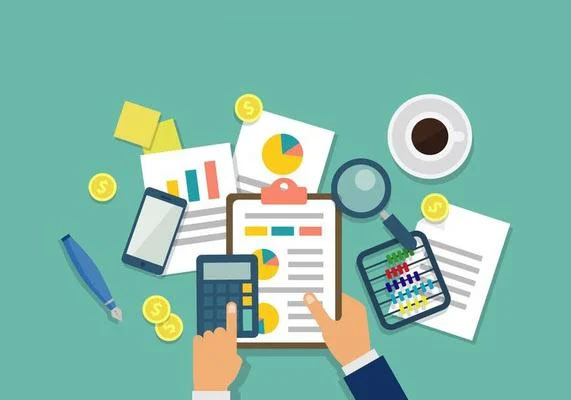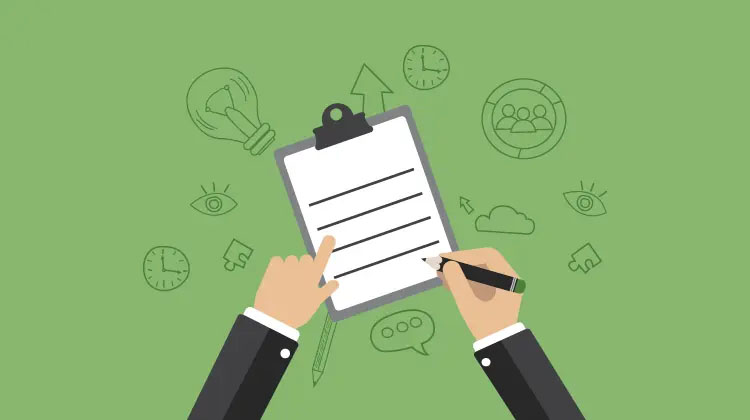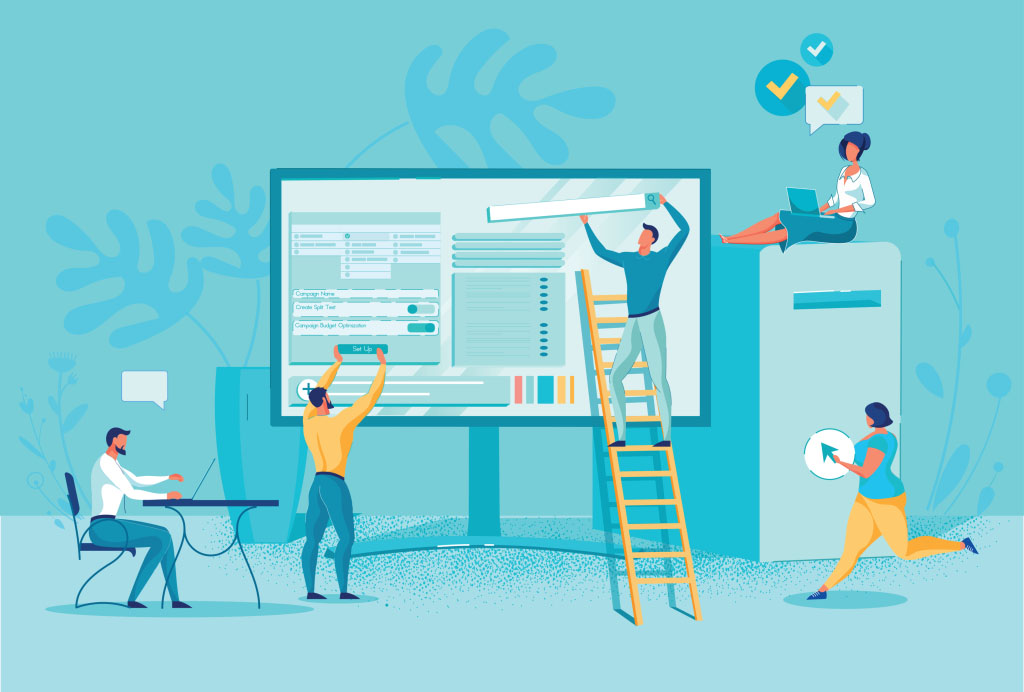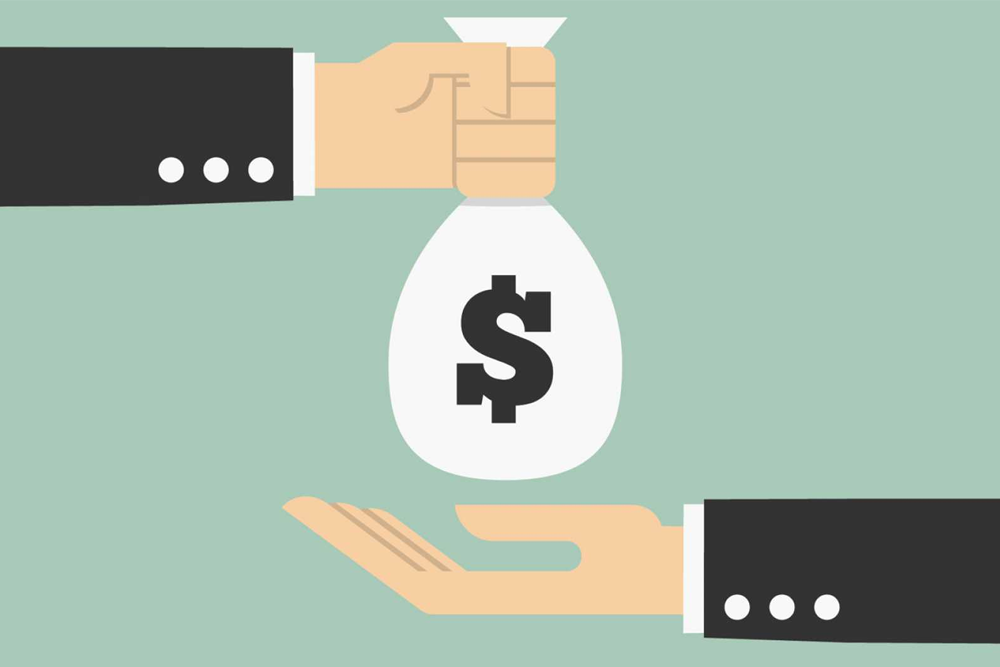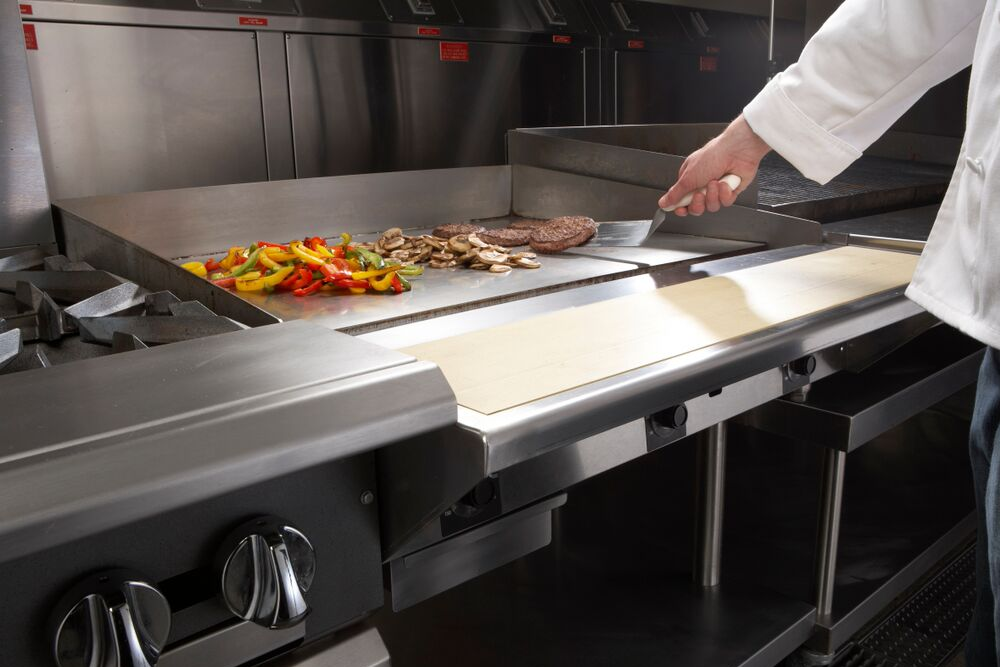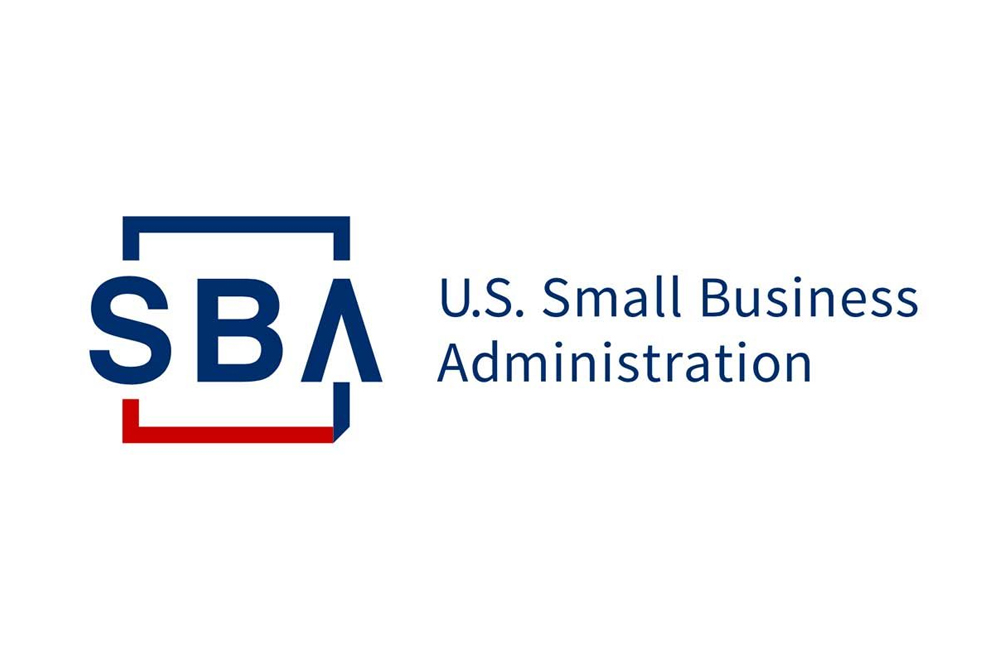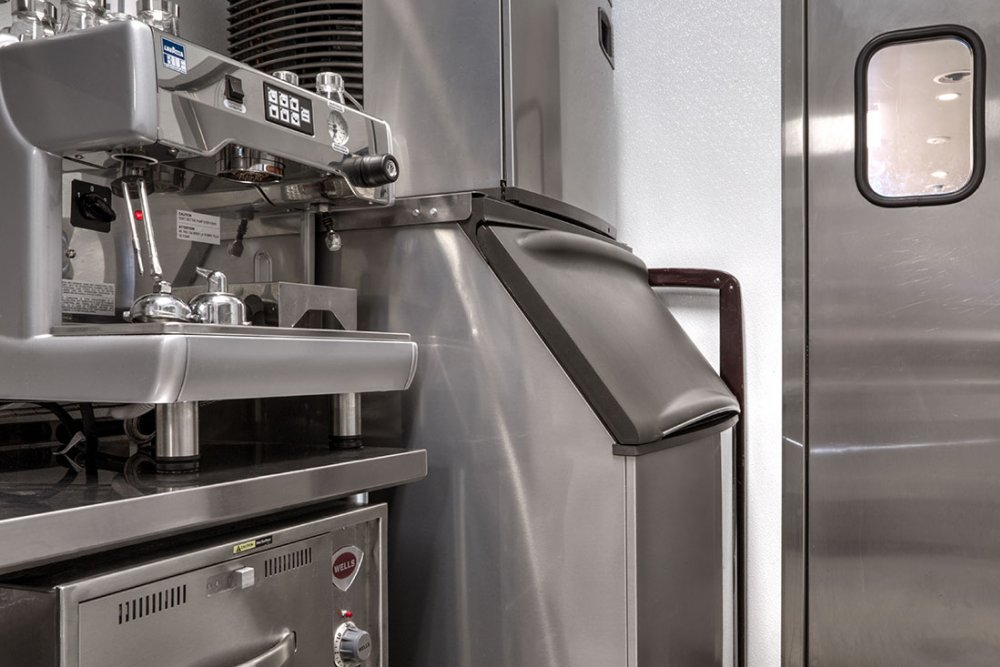Turn your brilliant business equipment financing idea into a business with these 9 easy steps
You have identified the perfect business idea, and now you feel ready to take the next step. There is more to beginning a business than just registering it with the state. We have outlined this simple guide to starting your equipment financing company. These steps will make sure that your new business is well planned out, registered properly, and legally compliant.
In this article we will cover:
What is equipment financing?
How do I start my own equipment financing company?
- Plan your business
- Establish a legal entity
- Register for taxes
- Open a business bank account and a credit card
- Set up business accounting
- Obtain necessary licenses and permits
- Insure your business
- Define your brand
- Build your Web Presence
Equipment financing pros and cons
What is equipment financing?
Equipment financing denotes a type of business loan used for business equipment purchase purposes, like a vehicle, restaurant oven, accounting software, office equipment, industrial equipment, management software, food truck, or a copier scanner. This way you can use the equipment without paying the full cost upfront. Equipment loans offer periodic payments that include principal and interest over a fixed term. As security for the loan, the lender might require a lien on the machinery as collateral against your debt. After the equipment loan is paid in full, you own the piece of equipment free of any lien. The structure of an equipment loan might also impose a lien upon extra business assets or require a personal guarantee. Failure to pay your loan might result in the repossession of your personal assets and business assets —in the case of a personal guarantee. Usually, the purchased equipment serves as collateral for the loan. A careful assessment of the loan terms is necessary to understand your risk. Note that most equipment financing loans require you to make a down payment.
Equipment financing is different from equipment leasing, where you pay the owner of the periodic equipment ( equipment leasing company) rent for the use of the equipment over an agreed-upon period of time. At the end of the lease term, not unless you agree with the owner on renewal repayment terms or buyout, the equipment is returned to the owner. There are two types of leases: capital leases and operating leases.
Typically, the eligibility qualifications for leasing are less stringent than for financing. Nonetheless, if the equipment is vital to your business, the endless monthly payments on leased equipment without the prospect of future outright ownership might prove a more costly option. Some equipment leasing companies take care of soft costs including installation and insurance fees.
As with all business financing options, financing rates and terms will vary based on applicants’ qualifications and current market conditions. To qualify for the financing, you should have healthy annual revenues, business plans, financial statements, and a good business and personal credit score. Small business owners with good credit scores get better financing terms and interest rates. Your time in business will also be a factor determining if your business qualifies for equipment financing.
You can get equipment financing loans from online lenders, traditional banks, credit unions, and other financial institutions. Alternative lenders offer flexible loan payments, have fast funding and lease application processes, and higher loan amounts compared to traditional lenders. Other loans that lenders provide which borrowers can use to acquire new equipment include business term loans, short-term, long term loans, SBA loans, invoice factoring, invoice financing business lines of credit, business credit cards, and merchant cash advances. Bottom line there are many types of equipment financing programs that you can venture into.
How do I start my own equipment financing company?
How to start a loan company for business equipment?
To open an equipment financing company you will need to complete the following steps.
Step 1: Plan your business
A clear plan is needed for success as an entrepreneur. It will help you in mapping out the specifics of your financing business and discover some unknowns. A few essential topics to consider are:
- What are the startup businesses and ongoing costs?
- How much can you charge customers?
- Who is your target market?
- What will you name your company?
Fortunately, we have done a lot of this research for you.
What are the costs involved in opening an equipment leasing & financing company?
Equipment financing companies typically do not have a lot of overhead, though business owners will probably need to hire a bookkeeper, loan processor, and a collector. If you intend to take on all of these roles on your own at the beginning, you will need to be extra careful. Even one error on your part can land you in legal issues.
What are the ongoing expenses for the equipment financing company?
Overhead for equipment financing company is low, as you typically do not need an office to conduct business:
- Website costs
- Employee salaries
- Advertising costs
- General office supplies
Who is the target market for the business loan?
First, do your research before you decide which areas you want to venture into. You might consider providing business loans for bad credit, specialize in construction equipment financing, or even offer loans to a particular type of business. Note that when offering financing to businesses with bad credit, you might have to offer higher interest rates. There are many gaps and opportunities in the equipment financing market, so find your spot and fill it.
How does an equipment financing company make money?
Equipment financing companies primarily make money by charging people interest on their loans. You might lend out $500 at a 20 percent interest rate, indicating the borrower will owe $600 by the end of the term.
How much can you charge for your business loan programs?
Interest rates vary widely from one financing company to another. Some may charge 10 percent while others charge up to 20 percent. Generally, equipment loan interest rates range between two percent and 20 percent, but you will want to research the interest rates in any given sector. Those who charge extremely high-interest rates are usually financing startups or businesses with challenging credit scores.
How much profit can an equipment financing company make from business equipment loans?
With persistence and patience, an equipment financing company can make a considerable amount of money when in the right region. Some studies state that up to 97 percent of borrowers pay back their loans under the agreed-upon terms. For example, if you make $100 on average on each equipment loan, you will need to make 600 equipment loans in a year to make $60,000.
How can you make your equipment lease or financing more profitable?
You might wish to expand to other parts of the world to make your company more profitable. Or you could consider opening another equipment financing company in your neighborhood to specialize in a different product. For instance, if your first business offers construction equipment financing, the second business can specialize in farming equipment financing.
What will you name your company?
Selecting the right name for your equipment financing company is very important. If you do not have a name in mind already, look for articles on how to name a new company or get some help brainstorming a name with Business Name Generator apps. Then, when registering a company name, you should check if the business name is available in your state. You can do so by searching the web, federally by doing a trademark search, and making sure the name you select is available as a web domain to secure it early so no one else can take it.
Step 2: Establish a legal entity
Forming a legal business entity, LLC prevents you from being personally liable if your equipment financing company is sued. There are numerous business structures to select from, including Corporations, LLC’s, and DBAs. You should also consider utilizing a registered agent service to stay compliant and help protect your privacy.
Step 3: Register for taxes
You will generally need to register for various federal and state taxes before you can open for business. To register for taxes, you must apply for an EIN. It is really simple and free. You can obtain your EIN for free via the IRS website, via fax, or by mail.
Step 4: Open a business bank account and a credit card
Using credit accounts and dedicated business banking is essential for personal asset protection. When your business and personal accounts are mixed, your personal assets (your car, home, and other valuables) will be at risk in the event your company is sued. In business law, this is known as piercing your corporate veil. Moreover, acquiring skills in building business credit can help you get credit cards and other financing in your company’s name (instead of yours), higher lines of credit, better interest rates, and more.
Why open a business bank account
- It lets you separate your personal assets from your business’s assets, which is necessary for personal asset protection.
- Opening a business bank account will make tax filing and accounting easier.
Why get a business credit card
- This helps you in separating business and personal expenses by putting your company’s expenses all in one place.
- It also builds your firm’s credit history, which can be useful to raise money and investment later on.
Are business credit cards working capital?
A working capital is a particular kind of borrowing, contrasted with general small business loans, credit cards, or invoice factoring. There are numerous benefits of leveraging these financing options including boosting your cash flows.
Step 5: Set up business accounting
Reporting your various sources of income and expenses is vital to understanding the financial performance of your company. Keeping detailed and accurate accounts also greatly simplifies your annual tax filing.
Step 6: Obtain necessary licenses and permits.
Failure to acquire necessary licenses and permits can lead to hefty fines or even cause your company to be shut down.
Local and state business licensing requirements
Certain state licenses and permits may be required to operate an equipment financing business. Learn more about your state’s licensing qualifications by visiting the SBA’s reference to state licenses and permits. Most companies are required to collect sales tax on the services and goods they provide. For information about local permits and licenses:
- Check with your city, town, or county clerk’s office.
- Look for help from one of the local associations listed in the United States Small Business Associations directory of local business resources.
Obtain a certificate of occupancy
Typically, a business operating out of a physical location requires a Certificate of Occupancy (CO). This document confirms that all zoning laws, building codes, and government regulations have been met. If you intend to lease equipment financing office location:
- It is typically the landlord’s responsibility to obtain a CO.
- Prior to leasing the space, confirm that your landlord has or can obtain a valid CO that is applicable to the equipment financing business.
- After a major repair, a new CO often has to be issued. If your place of business will be repaired before opening, it is recommended to include language in your lease contract stating that lease payments will not commence till a valid CO is issued.
If you intend to build or buy equipment financing office location:
- You will be accountable for acquiring a valid CO from a local government authority.
- Assess all building codes and zoning qualifications for your business’ location to ensure your equipment financing organization will be in compliance and able to acquire a CO.
Step 7: Insure your business.
Just as with permits and licenses, your business needs insurance to operate lawfully and safely. Business Insurance assures your business’s financial well-being in the event of a covered loss. Generally, there are many types of insurance policies designed for various types of businesses with different risks. If you are unsure of the types of risks that your company might face, start with General Liability Insurance. This is the most popular thing that small businesses need, so it is a great place to start for your company. If your company will have staff, it is a good chance that your state will require you to carry Workers’ Compensation Coverage.
Step 8: Define your brand.
Your brand is what your firm stands for, and how the public views your business. A strong brand will enable your company to stand out from competitors.
How to market start up business loans and equipment financing options
The best method to promote your company is to understand the need you are filling in any given region. For instance, if you are only targeting farmers, you need to determine how they learn about their region’s financial opportunities. This may incorporate physical advertising, like flyers, or digital advertising on particular websites. Based on your goals, it might even include face to face. Moreover, you should have your own website that outlines what you do and how you do it.
How to keep clients coming back for small business loans
The best way to generate clients is to be as fair as a lender as possible. This does not mean letting people get away with constantly missing payments or late payments, but it does indicate trying to work with your customers whenever possible. Always do what you say you are going to do, and ensure professional behavior at all times and excellent customer service.
Step 9: Build your Web Presence
A business website enables clients to learn more about your business and the services or products you offer. You can also use social media presence to attract new clients or customers.
Equipment financing pros and cons
Benefits and drawbacks of financing equipment
| Pros of financing equipment for your business | Disadvantages of equipment financing |
|
|

